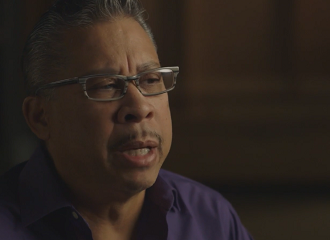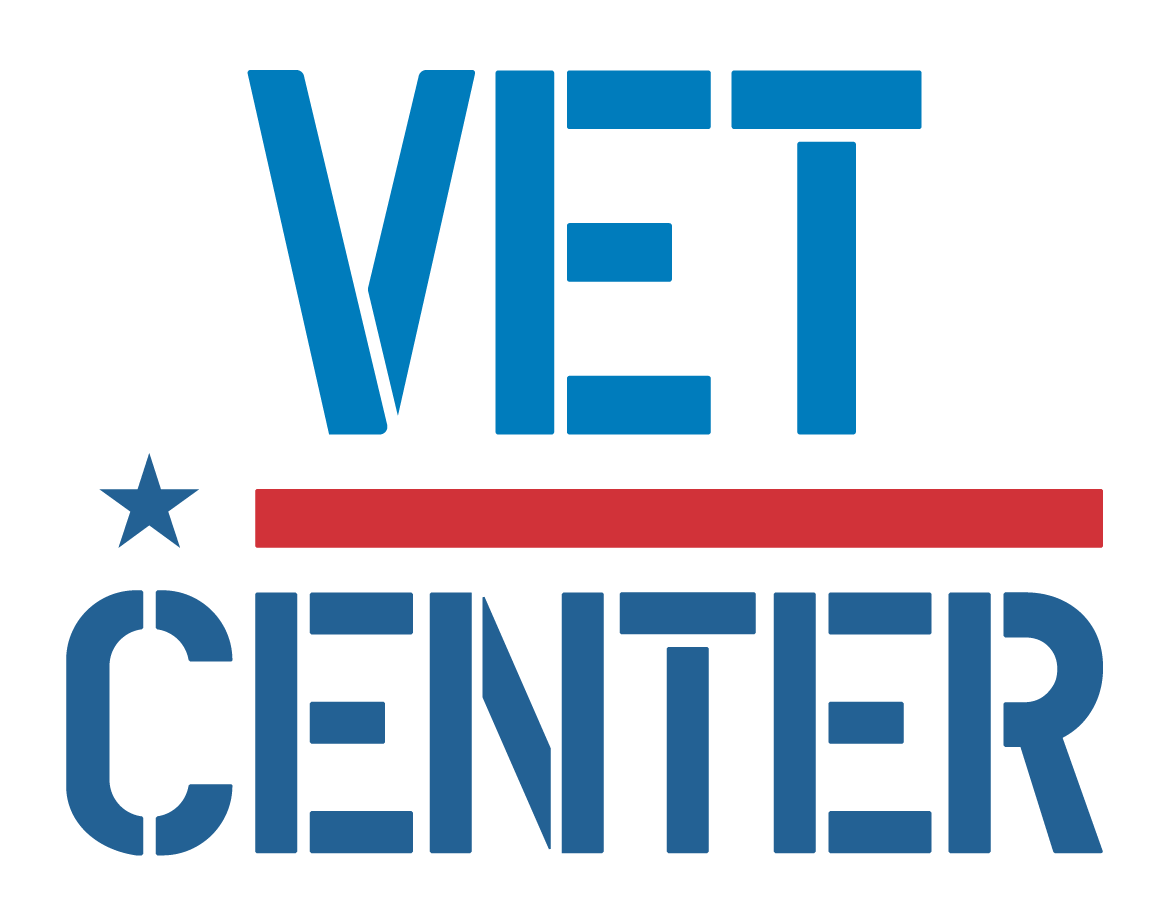Although aging brings many positive changes and opportunities, it is normal to feel uncertain or concerned about the aging process. You may experience any of the following age-related concerns:
- Feeling unhappy about your body's physical changes
- Becoming tired more quickly, needing to rest more frequently, or feeling weaker
- Noticing changes in your ability to hear or see as well as you used to
- Having a slower sexual response
- Worrying about financial issues
- Going through changes in relationships with your spouse or partner, adult children, or friends
- Experiencing stress from taking care of or supporting loved ones with health problems
While retirement is something many people look forward to, issues like the following can make planning for retirement challenging:
- Having fewer distractions and more “down time” to recall troubling events from your past, including combat and other military experiences
- Losing touch with co-workers and friends
- Feeling like your days lack focus without the routine of work
- Feeling upset when hearing about current events or news reports that may bring back memories of negative events during military service
Some of the challenges that may come with aging and retirement can be difficult and stressful and can put a strain on your relationships. You might feel down on yourself or find it harder to enjoy the things you usually like doing. If retirement seems out of reach or feels unattainable, you may feel discouraged about the future. In addition, you may be dealing with chronic pain or medical conditions, or you may be facing the illness or death of a loved one.
As you get older, it may help to take the following actions:
- Ask others for help
- Talk to other Veterans or friends and family with experiences similar to yours
- Enjoy a healthy lifestyle; combine an exercise routine with a healthy diet
- Avoid foods with a lot of fat or salt, such as fried foods or unhealthy snacks
- Quit smoking
- Refrain from excessive drug and alcohol use
- Keep your mind active through social activity, being curious and learning new things, using computers, or reading
- Devote time to causes and people you care about
In the past, you may have tried to cope with stress in your life by working a lot or by drinking alcohol or taking drugs. If so, you could benefit from healthier ways to cope as you get older. Asking for help from those close to you, working to help others, developing healthy lifestyle habits, exploring religion and spirituality, and planning for your financial security can ease the transition into retirement.
Every day, Veterans from all military service branches and eras connect with proven resources and effective treatments. Here’s how to take the next step: the one that’s right for you.
New to VA? Apply for health care benefits.
- Getting started is simple. Create a free account online to help ease your enrollment process. To prepare to apply for VA health care in person, by telephone, or by mail, explore VA’s “How to Apply for VA Health Care” page.
- Not sure whether you are eligible for VA health care benefits? Read about eligibility for VA health care.
- Unsure of what kind of help you need? Call 877-222-VETS (877-222-8387) to find the right resources to meet your needs, Monday through Friday, 8:00 a.m. to 8:00 p.m. ET. If you have hearing loss, call TTY: 800-877-8339.
- Veterans’ family members and caregivers can see whether they qualify for VA medical benefits as a spouse, surviving spouse, dependent child, or caregiver. Explore family and caregiver health benefits.
Already enrolled in VA and interested in mental health support? Schedule a mental health appointment.
- If you’re already enrolled in and using VA health care, the fastest way to schedule VA appointments is to call the VA facility where you want to receive care.
- With VA appointments tools, you can schedule some VA health care appointments online, view details about upcoming appointments, and organize your health care calendar.
- If you’re not using VA medical services, contact your nearest VA medical center or Vet Center to talk about your needs.
What about other options at VA? VA offers a variety of tools and resources.
- The Veteran Training online self-help portal includes modules on managing anger, developing parenting and problem-solving skills, and more.
- Mental health apps for Veterans cover a variety of topics, ranging from PTSD to anger management to quitting smoking.
- VA TeleMental Health connects you with a VA mental health provider through a computer or mobile device in your home or at your nearest VA health facility. You can learn more about this option from your local VA medical center.
- Community-based Vet Centers provide confidential counseling, community engagement and referral services to eligible individuals and their families. You don’t need to be enrolled in VA healthcare or have a service connection to receive services. Find a Vet Center near you or call 877-927-8387, 24/7 to talk with a fellow Veteran about your experiences.
What about support outside of VA?
FindTreatment.gov and the National Resource Directory list programs outside of VA. Use these tools to find resources near you.
Learn more about the possible associations between dealing with getting older and other concerns such as trouble sleeping, alcohol or drug problems, confusion, posttraumatic stress, and depression.










